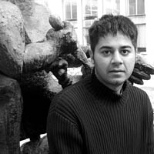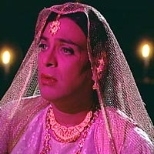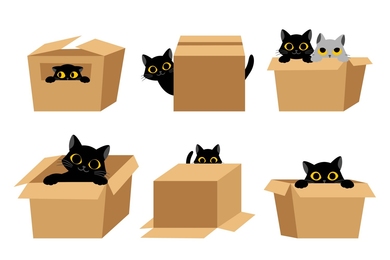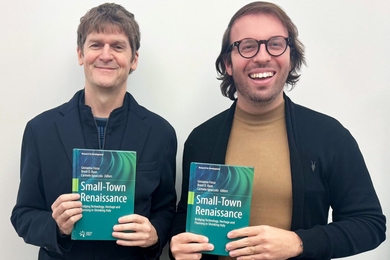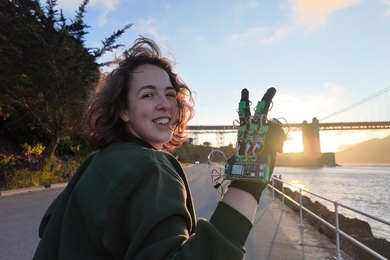Organizing big projects is nothing new for Parmesh Shahani. Before he left his native Bombay, Shahani worked in the media--writing for Elle magazine, helping get cricket onto Sony Television, and launching an online magazine for disaffected teenagers.
His latest challenge: organizing, producing and publicizing MIT's first lesbian- and gay-themed South Asian film festival while keeping up with his coursework as a first-year master's student in the Comparative Media Studies program.
How is he holding up? "I'm exhausted," he admitted with a laugh. "But I'm also really excited. This is going to be amazing."
For the last few months, Shahani has been working on "Between the Lines: Negotiating South Asian LGBT Identity," a three-day conference that will take place at MIT from April 1-3. The first event of its kind to be held on the East Coast, "Between the Lines" is part film festival and part symposium. The goal: to highlight the diversity of South Asian gay, lesbian, bisexual and transgender (LBGT) creative expression, as well as to open up a debate on what South Asian LBGT identity means.
Shahani, 27, studies identity formation, youth culture and representation of alternative sexualities across media. "Over here, as in India, issues of sexual identity are being fiercely debated in the media," he said. "But here, people are fighting for the right to marry, whereas in India, people are just fighting for recognition. It's not that society opposes it--society ignores it. For a lot of South Asians, LGBT people don't exist."
"Between the Lines" seeks to address that by screening more than a dozen films and short features, with subjects ranging from lesbian truck drivers in India to Pakistani drag queens and punk teenagers in New York. Readings and panels will be followed by a dinner reception and a Saturday-night dance party. For the complete program, see the festival's web site at http://web.mit.edu/cms/betweenthelines.
The festival's title refers to the sense shared by many gay and lesbian people of South Asian descent that they must look for representations of themselves "between the lines" of what's said aloud, both in the media and in everyday life, Shahani said. "But for people who are South Asian and LGBT, you live with both these identities--neither one will go away. The [filmmakers and] panelists have all negotiated what it means to live openly with both identities. How do you emerge from between the lines? What do you do when you need to say, 'I don't want to be on the margins any more. I want to stand up and be counted, because I exist'?"
A version of this article appeared in MIT Tech Talk on March 31, 2004.
